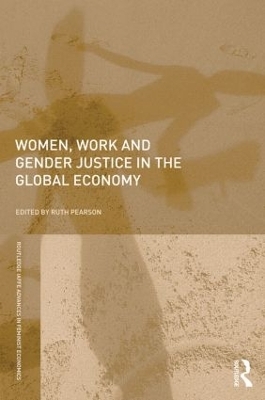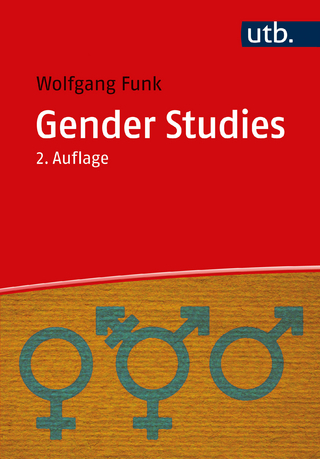
Women, Work and Gender Justice in the Global Economy
Seiten
2023
Routledge (Verlag)
978-0-415-69880-1 (ISBN)
Routledge (Verlag)
978-0-415-69880-1 (ISBN)
This book takes a feminist economics approach to the different kinds of gendered labour in contemporary economies and demonstrates how the gendering of both paid and unpaid work, including care work in changing demographic contexts is transforming the labour market in both developed and developing economies.
This book sets out to understand the role of women in the gendered expansion of the global economy since the 1970s. This involves interrogating the different locations where women have worked in the productive paid economy as well as their less visible labour in the family and the care economy.
Much of the public perception, particularly in the global North has centred on women’s work in the export processing factories of developing countries which produced consumer goods for Northern markets – the so called ‘nimble fingered’ women of the new international division of labour. But these industries only employ a fraction of the burgeoning female labour force; the majority of working women in the global economy are located in the so called informal economy , which includes a range of activities usually categorised as "self employment" rather than wage labour.
Ruth Pearson takes a feminist economics approach to the different kinds of gendered labour in contemporary economies and demonstrate how the gendering of both paid and unpaid work, including care work in changing demographic contexts is transforming the labour market in both developed and developing economies.
This book sets out to understand the role of women in the gendered expansion of the global economy since the 1970s. This involves interrogating the different locations where women have worked in the productive paid economy as well as their less visible labour in the family and the care economy.
Much of the public perception, particularly in the global North has centred on women’s work in the export processing factories of developing countries which produced consumer goods for Northern markets – the so called ‘nimble fingered’ women of the new international division of labour. But these industries only employ a fraction of the burgeoning female labour force; the majority of working women in the global economy are located in the so called informal economy , which includes a range of activities usually categorised as "self employment" rather than wage labour.
Ruth Pearson takes a feminist economics approach to the different kinds of gendered labour in contemporary economies and demonstrate how the gendering of both paid and unpaid work, including care work in changing demographic contexts is transforming the labour market in both developed and developing economies.
Ruth Pearson is Professor of Development Studies at the University of Leeds, United Kingdom.
1. A Hundred Years of Feminisation of Global Labour 2. Women’s Employment in Global Value Chains in the Manufacturing and Agricultural Sectors 3. Women’s Employment in New Global Sectors: Call Centres and Care Work 4. Women, Work and Survival: Micro Credit, Micro Finance and Cash Transfers 5. Economic Justice: Migration and Citizenship for Migrant Women Workers 6. Conclusions: Prospects for Gender Equitable Justice in the Twenty First Century
| Erscheint lt. Verlag | 31.12.2023 |
|---|---|
| Reihe/Serie | Routledge IAFFE Advances in Feminist Economics |
| Verlagsort | London |
| Sprache | englisch |
| Maße | 156 x 234 mm |
| Themenwelt | Sozialwissenschaften ► Soziologie ► Gender Studies |
| Sozialwissenschaften ► Soziologie ► Mikrosoziologie | |
| Wirtschaft ► Volkswirtschaftslehre ► Makroökonomie | |
| ISBN-10 | 0-415-69880-4 / 0415698804 |
| ISBN-13 | 978-0-415-69880-1 / 9780415698801 |
| Zustand | Neuware |
| Haben Sie eine Frage zum Produkt? |
Mehr entdecken
aus dem Bereich
aus dem Bereich
wie sich das weibliche Gehirn jetzt verändert und Sie diese neue …
Buch | Hardcover (2023)
Mosaik (Verlag)
24,00 €


